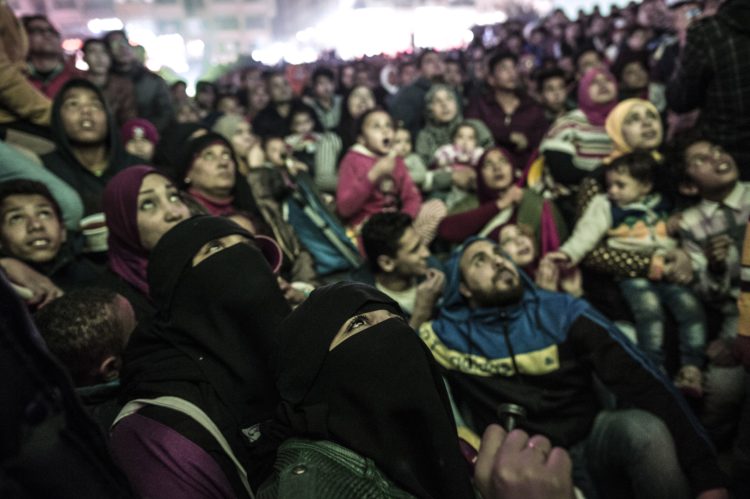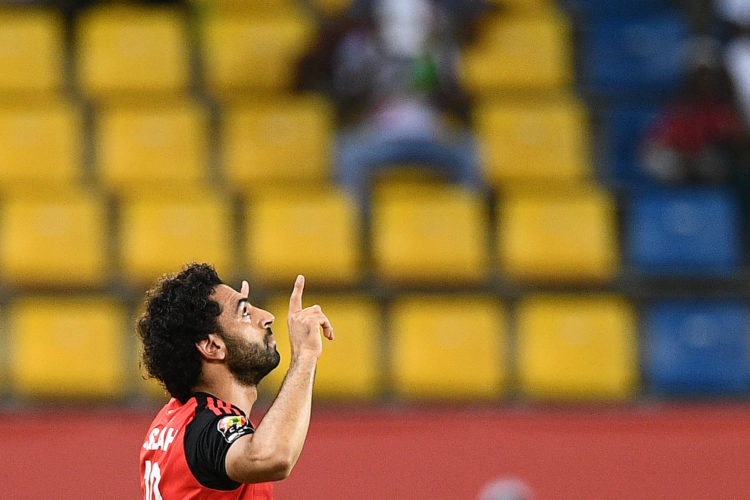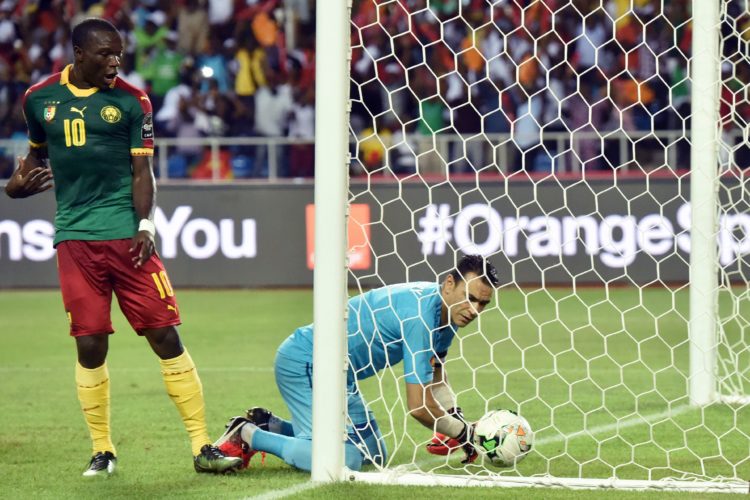As a dominant force in African football – both on club and national levels with the continent’s record of seven AFCON trophies (including three consecutive titles between 2006 and 2010) – the Pharaohs are often among the favourites to win the prestigious title.
But it didn’t happen this time around.
Egypt had failed to qualify for the past three editions of the tournament, losing four of their six qualifiers for the 2015 competition. Political turmoil that followed the Arab Spring had taken its toll on the Egyptian game, especially after 72 supporters were killed following the violence which erupted during a domestic league game in February of 2012.
Expectations were not high for the Egyptians; their squad lacked depth and experience.
The Egyptian league has been played behind closed doors since then. The mighty generation of the first millennial decade was not followed by a squad of the same calibre, until Argentine nomad coach Héctor Cúper took charge of the team in March 2015.

The former Valencia and Inter Milan tactician started off with a number of unfashionable performances that saw Egypt struggle to display their once trademark attacking flair, but results were promising nonetheless, as the team axed Nigeria to qualify for AFCON 2017 followed by two wins against Congo and African heavyweights Ghana in the 2018 World Cup qualifiers.
Expectations were not high for the Egyptians; their squad lacked depth and experience and had merely one superstar in the shape of AS Roma’s Mohamed Salah. Many Egyptians believed that their squad wouldn’t make it past the group stages in Gabon and a drab goalless draw against Mali in their AFCON opener justified the pessimism. But the draw was followed by a late winner against Uganda and hopes were raised when Salah’s screamer gave Egypt three points against Ghana in the final group game.

Dreams blossomed when Egypt won the North African derby against Morocco for the first time since 1986. Performances were mostly defensive and still unconvincing, but nobody cared. Egypt were winning despite the injuries that plagued the team, as well as the lack of clinical strikers who once set the continent alight.
In the semi-finals against Burkina Faso, the latter team had the upper hand throughout most of the encounter. Egypt scored first but they couldn’t defend their lead and the Egyptians’ fitness was obviously fading away. It was only keeper Essam El Hadary’s heroics that helped the team win a penalty shootout to qualify for the final game.
Fatigue was reaching its peak and they couldn’t cope with the intensity of the game.
In the final, and like any other moment whenever Egyptians were not too tired to play, Egypt took the lead against Cameroon through Arsenal midfielder Mohamed El Nenny, but it was becoming clear that Egyptian bodies were not responding to their minds anymore. Fatigue was reaching its peak and they couldn’t cope with the intensity of the game.
The scene was typical of previous experiences when Egyptians managed to overcome expectations and astonish with surprising achievements, only to come short at the end because too much has been compromised. The eventual loss seemed inevitable.

Everyone put in so much energy in such a short period of time that it became unsustainable.
Can you compare it to what Egypt has witnessed since the 2011 revolution? A revolution that toppled autocrat Hosni Mubarak. So much energy was expended only to be faced with the biggest setback. The country’s aspired path to democracy is now blocked by a more vigorous military ruler.
Egyptians can come up with what is way beyond their capabilities, but sometimes they just don’t have the strength to keep dazzling. The desires remain unfulfilled – at least for now.
